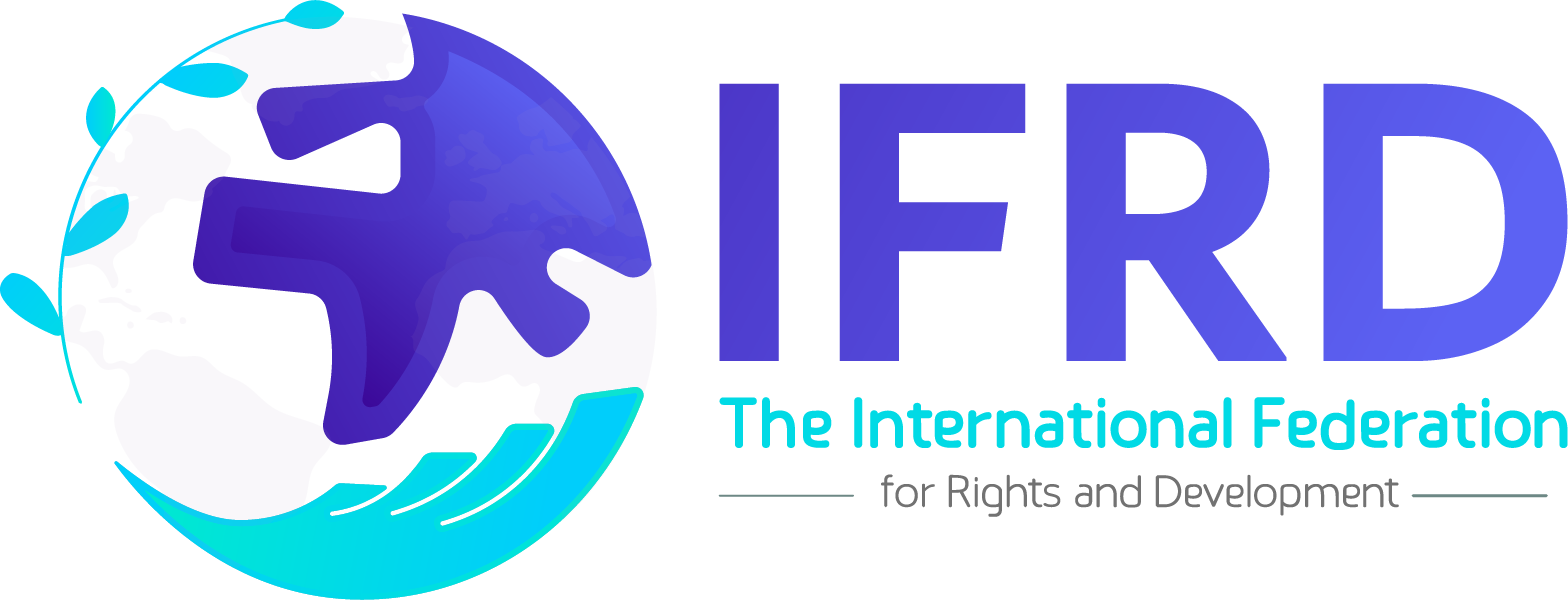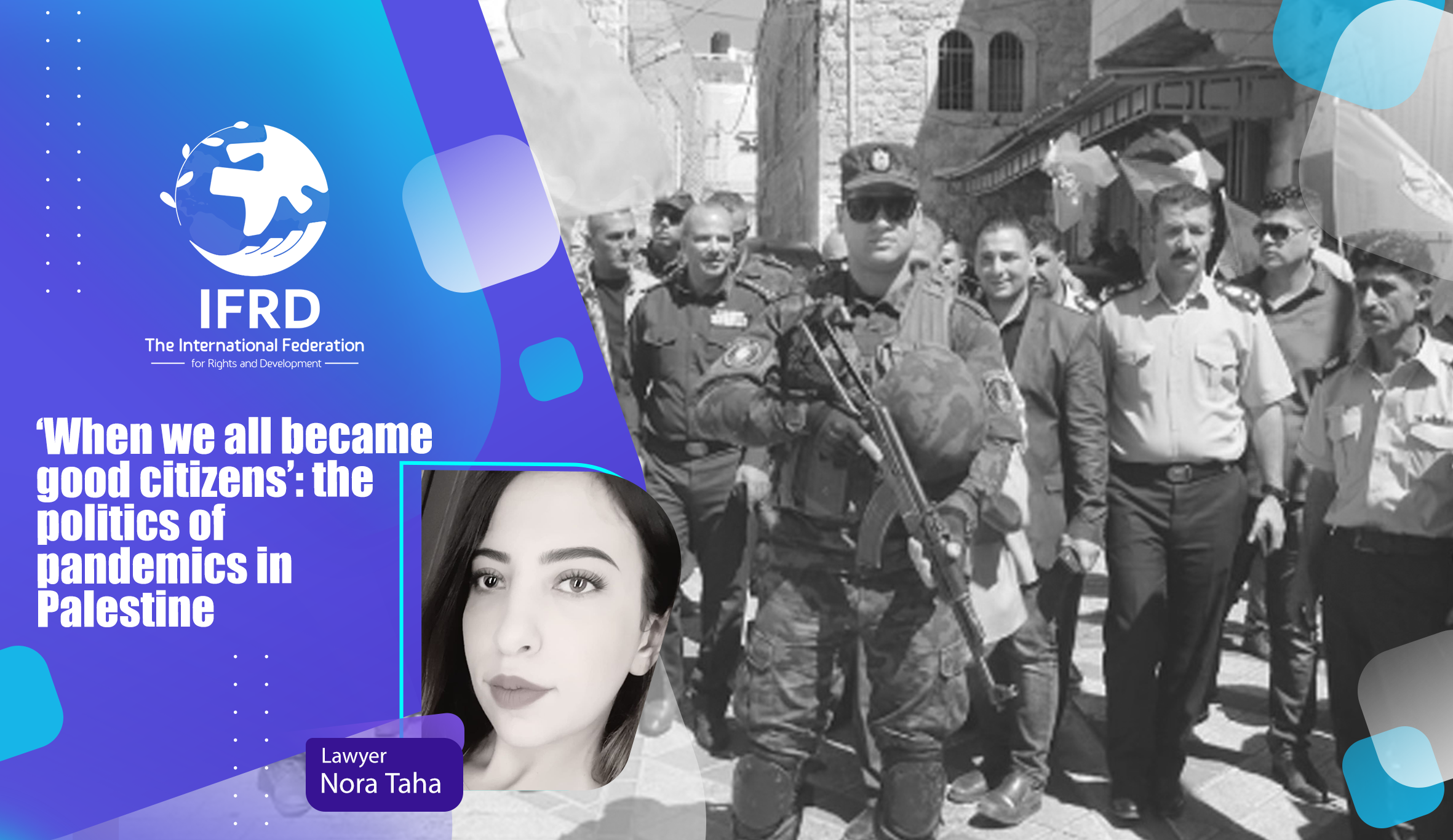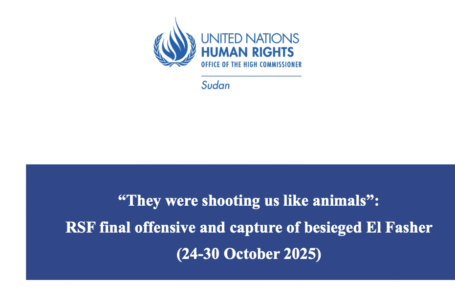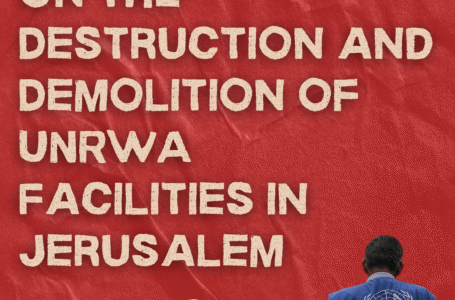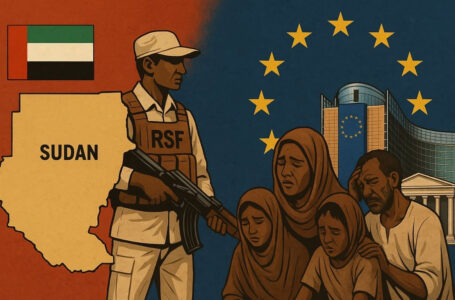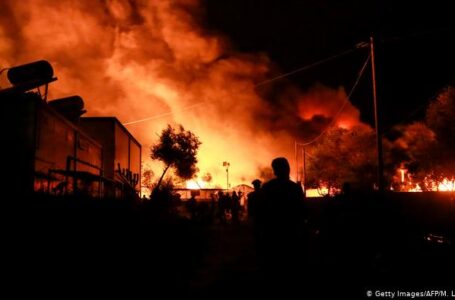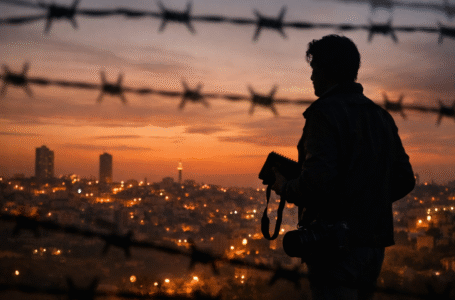Nora Taha
“Listen to the government and stay home’, this is what the majority of us had been saying to each other when we all became ‘good citizens’; praising governmental actions and plans for seeking our safety and well-being.
Politics are demonstrated in the everyday life, and ever since the outbreak of COVID 19 pandemic, forms of politics have either been revealed or have been re-structured by the name of our safety and our health, like the use of mass surveillance, or the politics of marginalization and categorization. In the Palestinian context, the case is no different.
In 5th of March 2020, the Palestinian president Mahmoud Abass declared an emergency status through the bylaw no 1 2020 for 30 days based on article (110) of the Palestinian amended Basic Law of 2003; becoming the first time to declare an emergency status based on a ‘ natural crisis’.
The declaration which put restrictions on movement and gave the government the scrutiny to act on a way for the sake of ‘public order’, have put the everlasting Palestinian legislation process back on the spotlight. The declaration itself at this point wasnt the problem, it was the renewal process that needs the approval of the Palestinian legislation council, a body that was dissolved since 2006.
Nevertheless, when the 30 days had passed, the government had renewed the emergency status again. According to the basic law, the emergency status could be renewed for another 30 days with the approval of two-third of the PLC, something that is unattainable since the President is holding the legislative power since the dissolving of the PLC.
On May 5th, everyone wondered how would the Palestinian authority would act after the 60 days period is over. The Palestinian authority found a legal loophole, explaining in a national press release that it has declared the emergency status again but has not extended it.
A burst on social media has emerged fearing the outcomes of this decision and categorizing it as a major and clear violation of the higher law in Palestine
In addition, this move was seen un-necessary since it was followed by a set of regulations minimizing the restrictions and allowing for a slow comeback of everyday life. Since it was followed by these loose regulations; one has wondered why the PA hasn’t used article (14) of the Public health law which states: ‘ By a Ministerial decision, the ministry has the right to declare a quarantine in Palestine to stop the spread of a pandemic.”
Since Palestine is a member of the International covenant on civil and political rights, the permanent observer mission of the state of Palestine to the United Nations has informed the Secretary-General of the UN about declaring the state of emergency throughout the territory of the state of Palestine, explaining that this step was taken ‘to protect and preserve the health of the citizens of the State of Palestine’, Nevertheless, the language of the emergency status declarations weren’t that clear, a small sentence such as to ‘protect the public order’ indicates going to the unknown.
The Raise of Securitization Rhetoric and what comes after
Thousands of people were waiting everyday for the government brief updating them on the status of coronavirus. With a delightful personality of the representative of the government Ibrahim Melhem and the leader-look Prime Minister Mohammad Shtayyeh has portrayed, the public found for the first time since a long time ago: a public figure to praise.
In their speeches, both praised the ‘extrodinary’ role of the Palestinian Security Forces and thanked them for their all effort, within these briefs a ‘public legitimacy’ was establishing.
The palestinian forces’ role during the emergency status has been exposed, just few hours after the declaration of the emergency status, Hussam Khader has been detained based on a social media post critcizing President Mahmoud Abbas, a case documented by Amnesty International
While there has been a pattern of human rights violations in relation to arbitrary arrest to activists and journalist, the emergency status emphasized this patterns with new tools and ‘legitimacy’.
Departuring from there, things became to unravel more, when the Palestinian Security Forces with the Special Police attacked street vendors and detroyed their belongings in Hebron amid the economical crisis. The assault using force according to the Palestinian Ombdusman escalated quickly in contrast with the bylaws that regulates the use of force, and without giving any notice for the street vendors to remove thier belongings. This has ended with the arrest of 11 people.
According to Lawyers for justice, the rate of arbitrary arrest has been raising amid the outbreak of coronavirus, the most recent case was journalist Anas Hawari, who was arrest on a Palestinian checkpoint and was subjected to assault by the Palestinian Security Forces.
However, the attacks didn’t only entail journalists and activists, it reached clashes with judges. On May 13th, the Security Forces assaulted three female judges on their way to work and threatened them with weapons. Not only the work of three judges have erupted, but this incident has raised fuels within the judicial branch and led to judges suspending their work in solidarity with their colleagues.
During the status of emergency, a suspension of certain rights are allowed, however they are not unlimited, people should still enjoy their basic rights within limitations, and if a violation of these rights occurs; it should be proportionate and necessary.
These events raise serious questions about the real purpose of the declaration of the emergency status, a status which is unconstitutionally sound that allows for a more centralization of power in the hand of the president and allows suspensions of the public’s rights.
It also questions if the palestinaian government’s actions has been truly focused on the safety of people, or the emergency status has been politicized and used to justify the building of a new ‘police state’ where no one is allowed to criticize anything.

Nora Taha is a human rights lawyer and legal researcher. She works on topics related to human rights and constitutionalism in the MENA region.
Legal Researcher, Chair of Shaikh Hamad for International and Constitutional LawLLB in Law, Birzeit University. MA in Human Rights and Democracy, Ca’ Foscari University of Venice.
